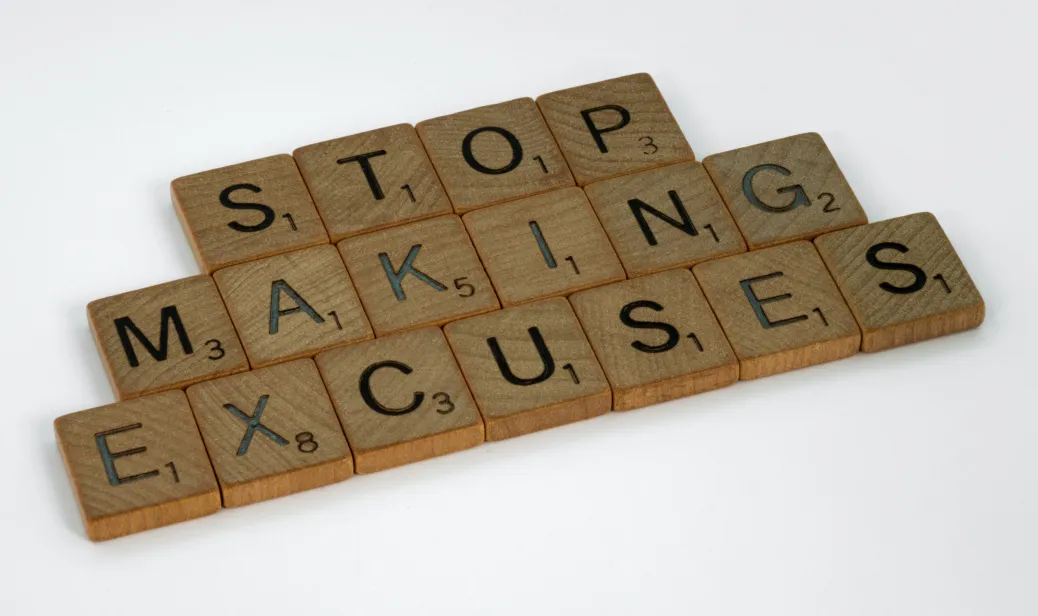Most people have no idea about the wide-ranging effects of hormonal birth control on women. There is a professional I know who was asked by a young woman about problems with her libido. This person knowing that the pill can affect women that way inquired whether she was taking it. The answer was yes. The next question the professional asked her: was she on antidepressants? The answer to that was also yes.
“The wide-ranging effects of hormonal birth control on women”
This professional told her that both the hormonal birth control pill and SSRI antidepressants can affect women’s sex drives. He advised her to consult with her physician to see what they would recommend. The doctor recommended that she go off the pill and see what happened. When she did, she found that her libido returned. (Don’t ever go off or on any medication without first consulting your physician).
A BITTER PILL TO SWALLLOW
Knowing about this incident led me to study the effects of hormonal birth control (the pill, IUD, patch etc.) I was shocked at much of what I learned. It turns out that hormonal forms of birth control can have wide ranging effects on women. Because it changes women’s hormones it can change their sense of who they are. This should not be surprising to many of us who have a fitness background because at some point we have probably seen the change in personality in men on anabolic steroids, which are versions of male hormones.
In class, when I taught about the importance of hormones, I would label the lesson on the board “Hormones R’ Us”. It is obvious that our bodies are strongly shaped by our hormones but is becoming more and more clear that our minds and personalities are strongly affected by them as well. They help create the usual way that we feel from day to day, without us realizing it consciously. The pill can literally change the structure and function of women’s brains.
LOSING ALL THEIR HIGHS AND LOWS
One particular change in the brain that hormonal birth control makes is that women who are on it don’t have the natural cortisol rise that people experience in response to stress. This sounds like it would be a good thing, but we have to remember that stress comes in both good and bad circumstances. It can be caused by positive, exciting things along with the customary aggravating things we typically think of as stressful.
DEPRESSING CIRCUMSTANCES
One other major area that the pill affects is who women find themselves attracted to. Research has shown that women on hormonal birth control find men with less masculine faces and bodies more attractive than do those who are naturally cycling. In our current sexualized culture this sets up the potential for disaster when a woman in an unmarried couple is on the pill, in a few years they get married and she goes off the pill in order to have children. She then discovers she is no longer . attracted to her husband!
attracted to her husband!
This obviously can be catastrophic but there might even be worse effects of hormonal birth control. Other recent research is showing that hormonal birth control can greatly increase women’s risk of depression. This is particularly true for younger women aged 15 – 19. This is especially true with regard to non-oral hormonal birth control like the IUD, patch, and vaginal ring. This can lead to increased risk of women’s suicide. Research found that females on hormonal contraceptives were twice as likely to have attempted suicide, and three times as likely to have been successful.
With this many potential negative effects, I have to ask what percentage of US women are on hormonal birth control? The answer is that around 25% of women ages 15 – 49 are currently taking hormonal birth control of some type. Many times, I believe that the motivation of a woman to be on the pill is because she is not married or even in a committed relationship. Her desire to not become pregnant and possibly have no one to help her with the birth and the raising of the child is very understandable. So many young women these days find themselves in this situation!
BIBLICAL GUARDRAILS
What does God’s word the Bible teach us about all of this? To start with, the very first thing that God ever said to Adam and Eve in Genesis 1:28 was to “be fruitful, multiply, fill the earth”. From this we can see that reproductive-related sexuality is very important to Him. Whenever my earthly boss begins giving me instructions, I always pay close attention to the first thing he mentions and considers it job #1. As always though his words throughout the Bible provide guardrails for our lives. In 1st Corinthians 6:18 he says “Flee sexual immorality! Every other sin a person commits is outside the body, but the person who is sexually immoral sins against his own body.” So much human tragedy can be avoided if we will just live by his word! We will examine these wise and beneficial guardrails further in Part Two of She’s Quite the Pill.
QUESTIONS FOR PERSONAL REFLECTION AND GROUP DISCUSSION
1. Were you aware of these possible effects of hormonal birth control? If not, why do you think you were unaware?
2. What does the Bible say about premarital sex (fornication) and extramarital (adultery) sex? Do you think that hormonal birth control helps to enable these lifestyles?
3. Are there other options for married couples who want to limit the size of their family besides hormonal birth control?












One Response
I was pretty pleased to discover this great site. I need to to thank you for your time for this particularly fantastic read!! I definitely appreciated every part of it and I have you book marked to see new stuff on your blog.